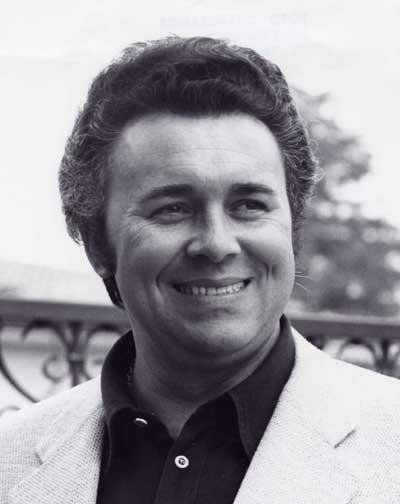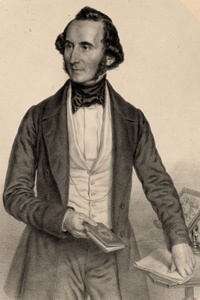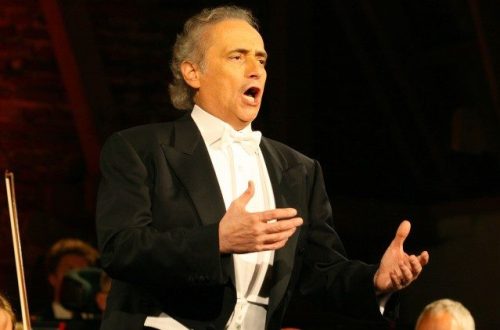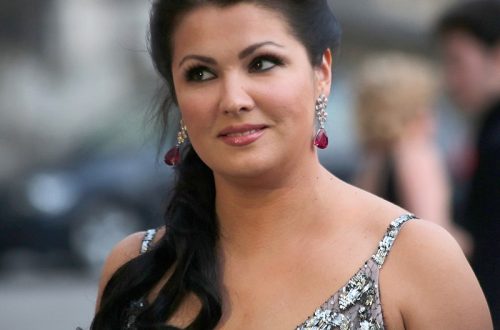
Gianfranco Cecchele |
Contents
Gianfranco Cecchele

The peasant became a famous tenor in just a year and a half – this is Chekkele! A talented boxer who won tournaments turned into a singer – this is Chekkele! He easily took D-flat, having no idea about it – this is also Chekkele!
In what other country are colonels so versed in vocals, if not in Italy! How many kind words he said to his army chief Beniamino Gigli! So the peasant son Gianfranco Chekkele * was lucky with the service. The regimental commander, hearing the singing of a young man who knew only two Neapolitan songs, began to assure him that he would certainly become a famous opera singer! When one of the relatives of the singer’s family, a doctor and a great opera lover, was delighted with Gianfranco’s abilities, his fate was sealed.
Chekkela was lucky, his relative, a doctor, knew the excellent teacher Marcello del Monaco, the brother of the great singer. He immediately took the young man to him for an audition. After Gianfranco, without realizing it (for he, of course, did not know the notes), easily took D-flat, the teacher had no doubts. With the blessing of his parents, the young man decided to devote himself to singing, and even quit boxing, in which he was very successful!
On June 25, 1962, Cecchele’s first lesson with Marcello del Monaco took place. Six months later, Gianfranco won the competition of the Nuovo Theater with brilliance, performing Celeste Aida and Nessun dorma, and on March 3, 1964, the newly minted tenor made his debut on the stage of the Bellini Theater in Catania. True, he came across a little-known composition for his debut, Giuseppe Mule’s opera The Sulfur Mine (La zolfara), but is this the main thing! Three months later, in June, Ceckele was already singing at La Scala in Wagner’s Rienza. The history of this production by the great German conductor Hermann Scherchen is very curious in itself. The title role was supposed to be performed by Mario del Monaco, but in December 1963 he had a severe car accident and had to give up all performances for more than six months. In the performance, he was replaced by Giuseppe di Stefano. What part did Chekkele perform, because there are no more main tenor roles in the composition? – Adriano’s most difficult game! It was the rarest case in the history of this opera (at least I don’t know of any others) when a tenor performed the role of a travesty intended for mezzo.**
So the singer’s career quickly began. The very next year, Chekkele performed on the stage of the Grand Opera at the Norma together with M. Callas, F. Cossotto and I. Vinko. Soon he was invited to Covent Garden, the Metropolitan, the Vienna Opera.
One of Chekkele’s best roles was Radames in Aida, which he first embodied on stage in the Roman Baths of Caracalla. Gianfranco performed this part about six hundred times! He repeatedly sang it at the Arena di Verona festival (the last time in 1995).
Chekkele’s repertoire includes many Verdi roles – in the operas Attila, Aroldo, Ernani, Simon Boccanegra. Other roles include Walter in Catalani’s Lorelei, Calaf, Cavaradossi, Turiddu, Enzo in La Gioconda. and support.
Chekkele’s creative path is very long. There was a period in the 70s when he did not perform due to overwork and a sore throat. And although the peak of his career falls on the 60-70s, he could be seen on the opera stage in the 90s. Occasionally he sings in concerts even now.
One can only be surprised that this name is not, with rare exceptions, in most encyclopedic opera reference books. The general public has almost forgotten about him.
Notes:
* Gianfranco Chekkele was born on June 25, 1940 in the small Italian town of Galliera Veneta. ** There is also a 1983 recording by V. Zawallish from the Bavarian Opera, where baritone D. Janssen sings the part of Adriano. *** The singer’s discography is quite extensive. Most of the named parts were recorded in a “live” performance. Among the best are Walter in “Lorelei” with E. Souliotis (conductor D. Gavazzeni), Turiddu in “Country Honor” with F. Cossotto (conductor G. von Karajan), Aroldo in the opera of the same name by D. Verdi with M. Caballe (conductor I .Kveler), Calaf in “Turandot” with B. Nilson (video recording, conductor J. Pretr).
E. Tsodokov, operanews.ru





